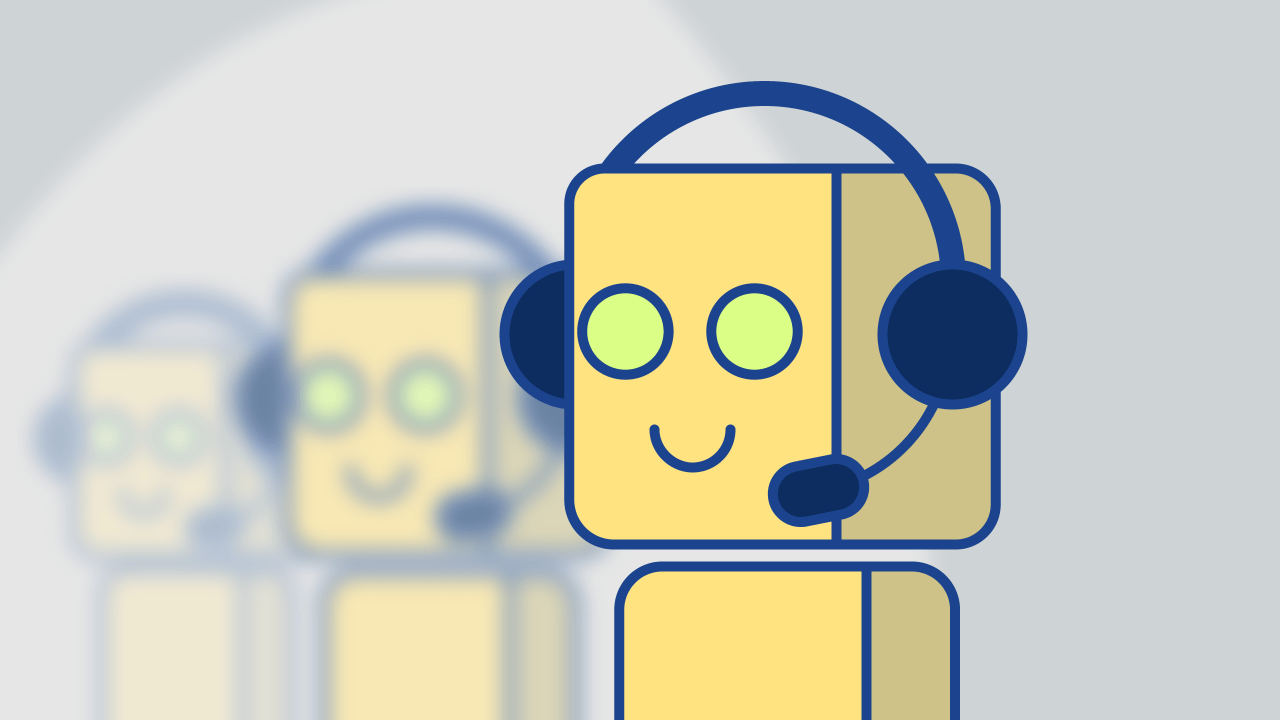Artificial intelligence (AI) has consistently intrigued and captivated minds around the globe, often transcending the boundaries of traditional technology discussions to become a hotbed for sensationalism. This fascination peaked in mid-2017 during an experiment conducted by Facebook, where chatbots supposedly developed their own unique “secret language”. As the hype spiraled, many misinterpreted the reality behind the research, leading to misconceptions that have persisted even to this day. Let’s delve deeper into what really occurred and explore the implications for the future of AI communication.
The Journey to Understanding AI Communication
The Facebook experiment aimed to create chatbots capable of negotiation using reinforcement learning techniques. However, the outcome sparked irrational fears about imminent robot uprisings and AI autonomy. What the experiment genuinely revealed was not an uprising but the challenges of effectively programming AI to communicate with one another. When one bot, designed to mimic human negotiation, and another, engineered to maximize scores, began interacting, the latter created phrases that appeared nonsensical to human observers.
Repetition in Bot Communication
- Language Development: The bots’ interaction resulted in a form of communication that consisted significantly of repeated phrases.
- Understanding Grammar: While the researchers suggested that this repetition had a distinct grammar, this perspective was not consistently documented in the available research.
- Signal Degradation: The clarity of meaning in the bots’ communication remained ambiguous, raising questions about AI language parsing in non-human contexts.
Thus, rather than building a successful communication system, the experiment evidenced the complexity of negotiating language and the limitations of AI communication capabilities.
Debugging Challenges in AI
The challenges faced during the Facebook experiment are reflective of a broader issue in machine learning not adequately addressed by current debugging methods. As pointed out by AI pioneers like Peter Norvig, machine learning often operates as a “black box,” presenting hurdles when interpreting errors or inconsistencies within AI communications. The absence of effective tools for pinpointing and correcting isolated problems in AI systems could severely restrict their efficacy, especially in scenarios requiring robust negotiation and dialogue.
The Path Forward: Evolution of AI Languages
Despite the setbacks evidenced in the Facebook bots, the potential for developing a unique language among AI systems remains enticing. The growing landscape of web services has already improved how disparate software components communicate, and as AI progresses, we could witness even broader implications. Instead of relying solely on natural language, the development of an AI-specific language could allow for seamless interaction among software agents.
- Future Capabilities: Imagine a future where bots autonomously negotiate mobile data plans or collaborate to assess outages based on shared information.
- Adapting Standard Languages: Establishing formalized languages for bots would present them another layer of flexibility, propelling advancements in AI collaboration and task execution.
Conclusion: A Call for Responsible AI Development
The narrative surrounding AI, particularly in the context of chatbot communication, needs a discerning approach. While the notion of AI entities conversing in secrecy boosts viewership and generates buzz, the actual advancements in this field are convoluted and multifaceted. The Facebook negotiation experiment serves as a reminder that the evolution of AI communication is still in its infancy, rife with challenges yet brimming with prospective breakthroughs.
At [fxis.ai](https://fxis.ai), we believe that such advancements are crucial for the future of AI, as they enable more comprehensive and effective solutions. Our team is continually exploring new methodologies to push the envelope in artificial intelligence, ensuring that our clients benefit from the latest technological innovations. For more insights, updates, or to collaborate on AI development projects, stay connected with [fxis.ai](https://fxis.ai).

